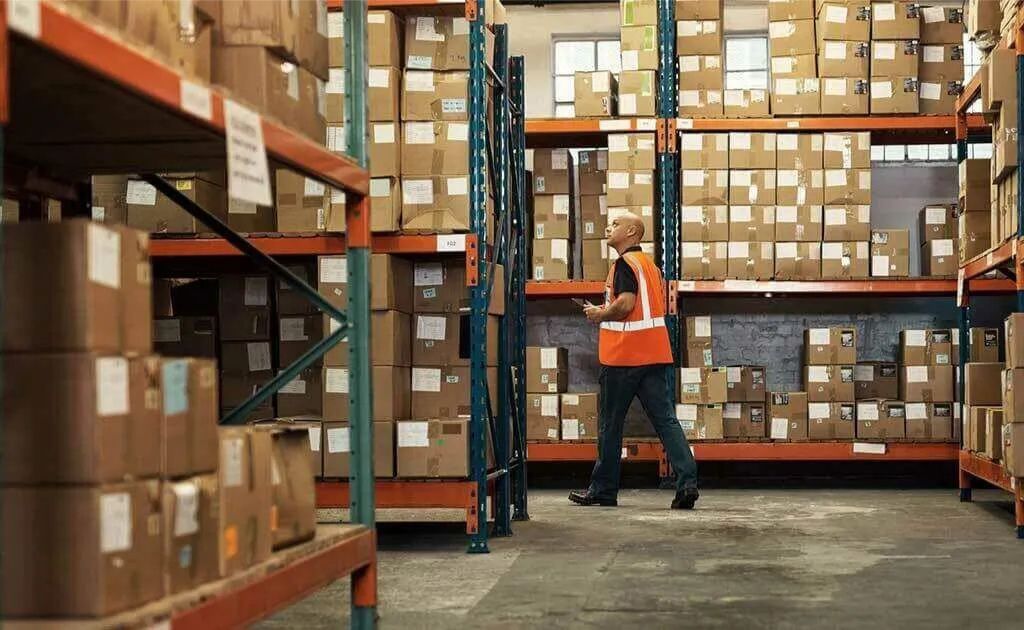Introduction
Wholesale distributors play a pivotal role in the global supply chain, acting as the middlemen who bridge the gap between manufacturers and retailers. Without them, the seamless flow of goods and services that consumers rely on daily would grind to a halt. Whether you’re a budding entrepreneur or an established business owner, understanding how wholesale Distributors works can offer valuable insights into improving your operations and cutting costs.
What Are Wholesale Distributors?
Wholesale distributors are companies or individuals that purchase goods in bulk from manufacturers and sell them in smaller quantities to retailers, businesses, or even other wholesalers. This model allows retailers to stock products without having to deal directly with manufacturers, who often require large minimum orders.
Wholesale distributors typically specialize in specific industries or product categories, such as electronics, clothing, food and beverages, or industrial equipment. By maintaining a vast inventory, they ensure quick and efficient supply to meet retailer demands.
The Role of Wholesale Distributors in the Supply Chain
- Aggregation and Storage
- Wholesale distributors aggregate large quantities of goods from manufacturers and store them in warehouses. This consolidation reduces shipping complexities for manufacturers and provides retailers with a one-stop shop for multiple products.
- Risk Management
- By purchasing inventory upfront, wholesalers assume the financial risk associated with unsold stock, alleviating this burden for manufacturers.
- Market Accessibility
- Distributors often have established networks of retailers and businesses, giving manufacturers instant access to wider markets.
- Value-Added Services
- Many distributors offer additional services such as packaging, labeling, and logistics support to streamline the supply chain.
Types of Wholesale Distributors
- General Wholesale Distributors
- Offer a wide range of products across various categories. Examples include large entities like Costco’s Business Centers or Makro.
- Specialized Wholesale Distributors
- Focus on niche markets, such as electronics, apparel, or gourmet foods.
- Merchant Wholesalers
- Purchase goods outright from manufacturers and sell them to retailers. They take full ownership of the products they distribute.
- Agents or Brokers
- Act as intermediaries without taking ownership of the goods. They earn commissions by facilitating sales between manufacturers and retailers.
- Drop Shippers
- Do not hold inventory but facilitate direct shipping from manufacturers to retailers or customers.
Benefits of Working with Wholesale Distributors
- Cost Efficiency
- Buying in bulk from Usa Wholesale Distributors often results in lower per-unit costs compared to direct purchases from manufacturers.
- Convenience
- Retailers can access a wide range of products under one roof, saving time and logistical efforts.
- Scalability
- As your business grows, distributors can scale their supply to meet increasing demands.
- Reduced Risk
- Wholesalers help mitigate risks by managing inventory, storage, and transportation.
- Expertise and Insights
- Distributors often have deep knowledge of market trends and consumer preferences, which can guide retailers in making informed purchasing decisions.
How to Choose the Right Wholesale Distributor
- Evaluate Your Needs
- Determine your product requirements, volume, and budget. Ensure the distributor specializes in your industry or product category.
- Research and Vetting
- Check reviews, ask for references, and investigate the distributor’s reputation within the industry.
- Assess Pricing and Terms
- Compare prices from multiple distributors and scrutinize their payment terms, shipping costs, and return policies.
- Logistics and Location
- Consider the distributor’s warehouse locations and shipping capabilities to minimize delivery times and costs.
- Quality Assurance
- Ensure the distributor maintains stringent quality control measures to guarantee the reliability of products.
Challenges in Wholesale Distribution
- Inventory Management
- Maintaining the right balance between overstocking and understocking can be challenging.
- Price Fluctuations
- Changes in raw material costs or market demand can impact wholesale pricing.
- Competition
- The wholesale market is highly competitive, with both traditional Amazon Fba Distributors and e-commerce platforms vying for business.
- Technological Adaptation
- The rise of online marketplaces and digital tools requires distributors to adopt modern technologies to stay relevant.
Future Trends in Wholesale Distribution
- E-Commerce Integration
- More wholesalers are establishing online platforms, allowing retailers to order products conveniently through digital channels.
- Automation and AI
- The use of AI-driven tools for inventory management, demand forecasting, and logistics optimization is on the rise.
- Sustainability Initiatives
- Distributors are adopting eco-friendly practices, such as reducing packaging waste and optimizing transportation routes.
- Direct-to-Consumer Models
- Some manufacturers are bypassing traditional distributors by selling directly to consumers, forcing wholesalers to innovate.
Conclusion
Wholesale distributors are the backbone of the modern supply chain, enabling efficient product flow from manufacturers to retailers. By understanding their operations, benefits, and challenges, businesses can better leverage these partnerships to optimize costs and enhance customer satisfaction. Whether you’re a retailer looking for reliable Wholesale Extracts Flavorfrenzy suppliers or a manufacturer aiming to expand your reach, aligning with the right distributor can make all the difference in achieving success.
